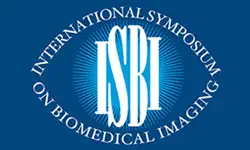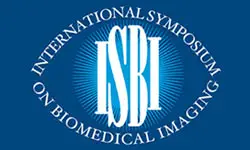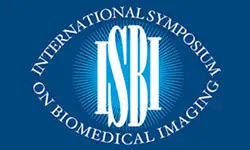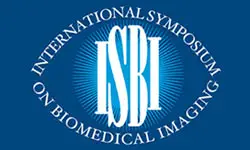-
Members: FreeSPS
IEEE Members: $11.00
Non-members: $15.00Length: 00:02:13
21 Apr 2023
The main focus of this work is to introduce a deep generative model for simultaneous free-breathing cardiac $T_1$ mapping and CINE MRI. The replacement of two breath-held acquisitions with a single free-breathing sequence will significantly improve time efficiency and applicability to patients that cannot hold their breath. The data is acquired by a gradient echo (GRE) inversion recovery sequence. We introduce a novel approach involving a conditional variational auto-encoder (VAE) for the estimation of the motion parameters from the central k-space samples. The motion signals and the conditional variable that represent the inversion time are used to train a deep manifold reconstruction algorithm for the recovery of the joint reconstruction of the image time series. The manifold approach enables the generation of synthetic images at specific motion and contrast states. In particular, the synthetic breath-held CINE data facilitates the estimation of the functional parameters, while the synthetic inversion recovery data facilitates myocardial $T_1$ mapping.



